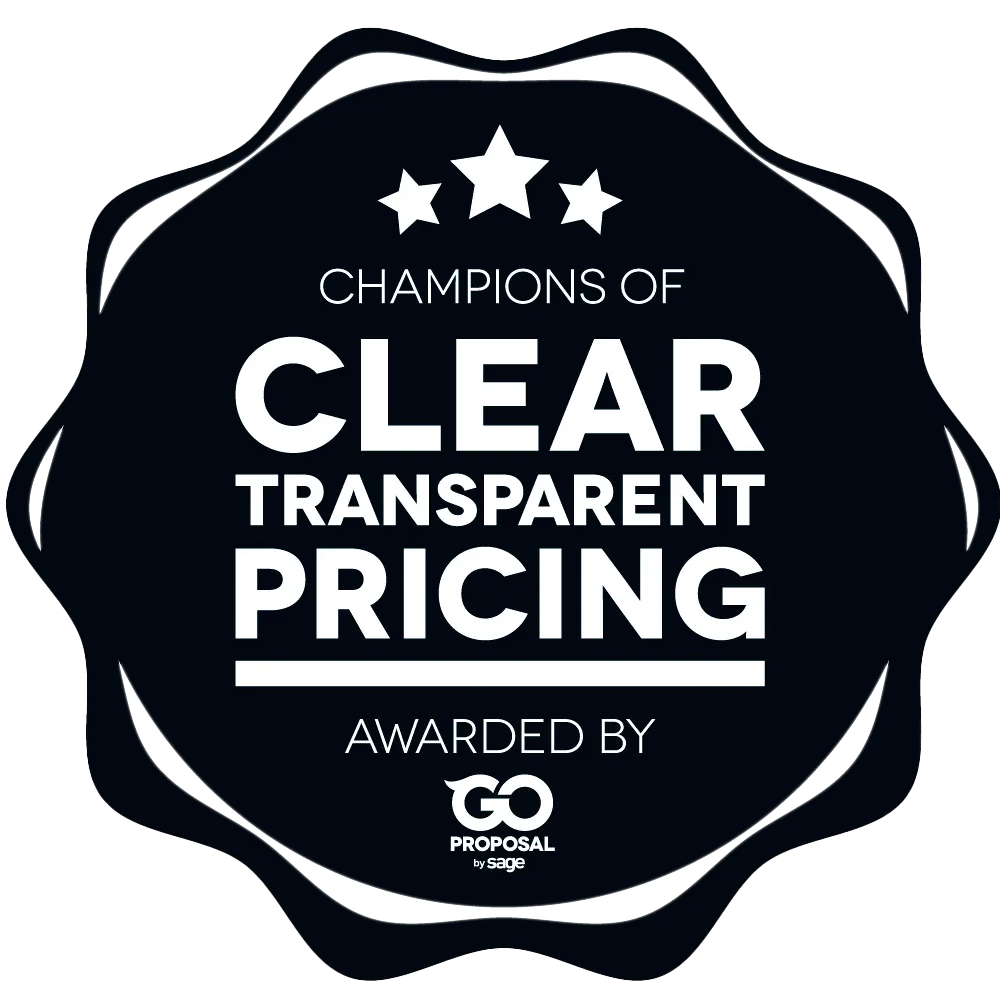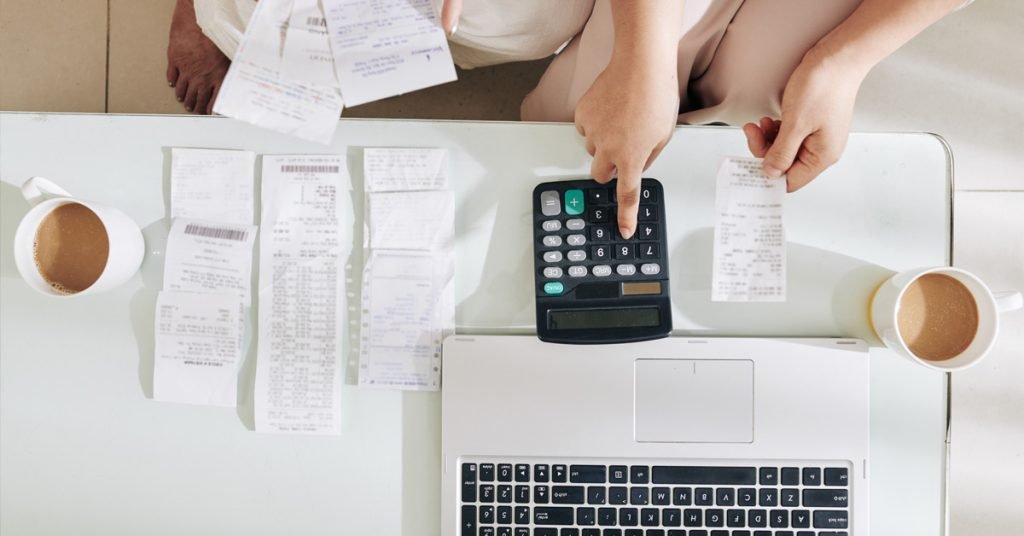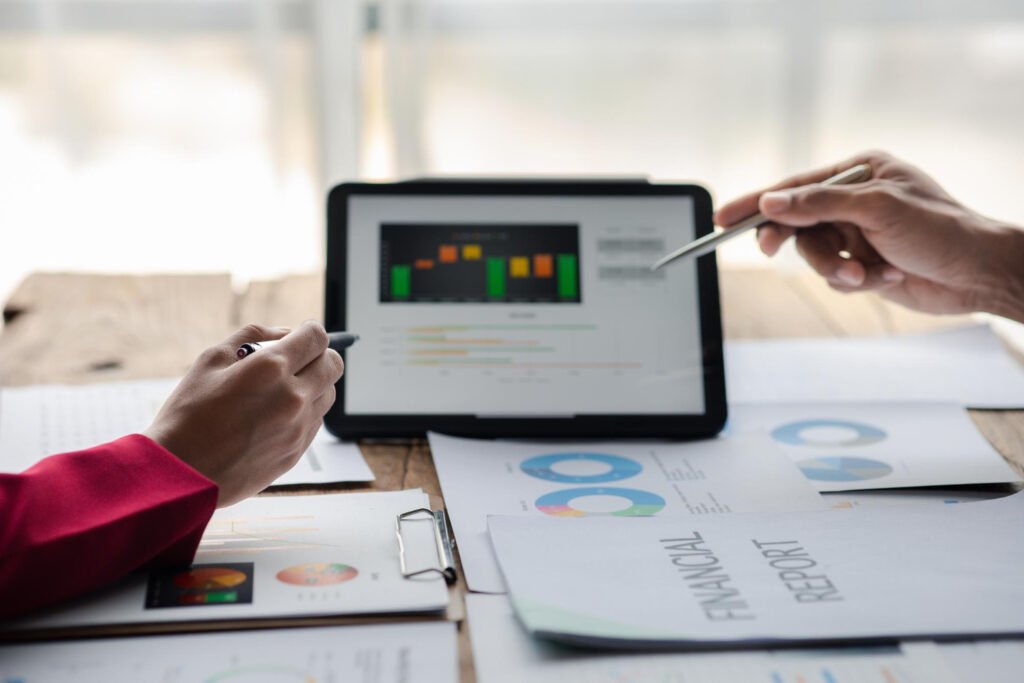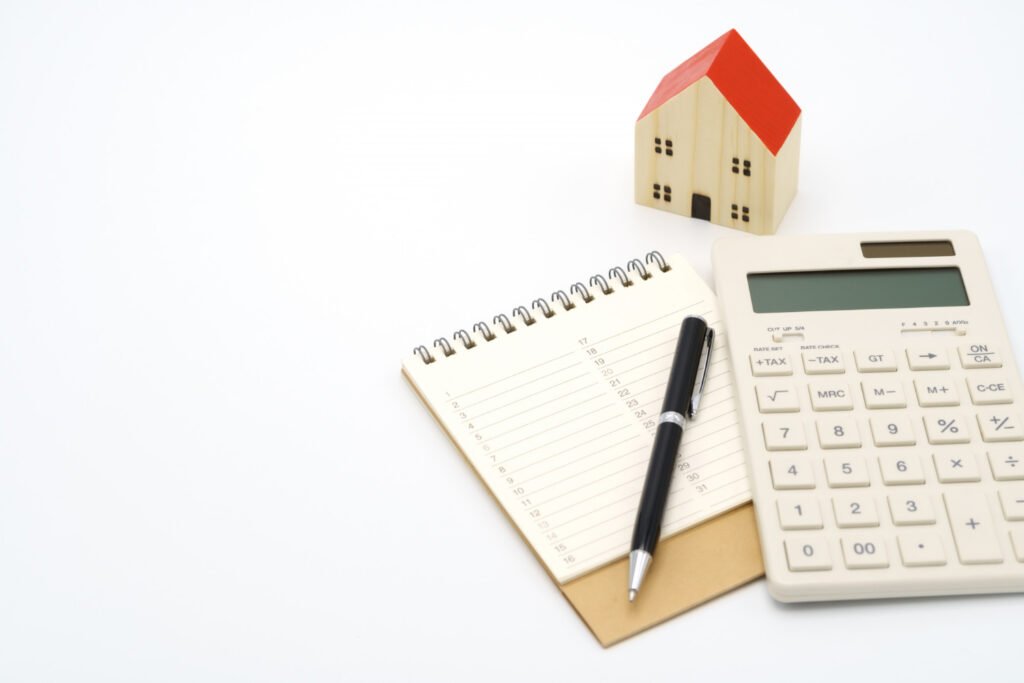Disclaimer
Please be advised that the completion of the self-assessment is the responsibility of the taxpayer. If you are not a client of Total Books and are using this guide to complete your self-assessment tax return without direct advice from Total Books, then we will not be held responsible for any mistakes made directly by yourselves.
The guide below is to help with your tax return yet we always advise seeking professional support from a qualified accountant as tax is a complex area. To speak to one of our experts call 02920 026 505 or email info@staging.totalbooks.co.uk
Who needs to pay self-assessment tax?
A Self-Assessment tax return is required to be submitted every year if you are self-employed, to pay income tax & national insurance on your profits.
See below a list of other people who need to fill in a tax return if they:
- Earned £100,000 or more last tax year as an employee or pensioner
- Earned £10,000 or more from saving interest or investment income
- Earned £2,500 or more in untaxed income – (i.e. from tips or commissions)
- Need to claim tax relief on pension contributions if you are a higher or additional rate taxpayer
- Owe capital gains tax from selling assets at a profit
- Claim child benefit, if you or your partner’s income is over £50,000
- Receive taxable income from abroad, or lives abroad but receives an income in the UK
- Receive state pension payments that exceed your personal allowance, and it’s your only source of income
- Are a business partner, or director of a limited company receiving dividends
- Are a trustee of a registered pension scheme or other trusts
- Are a trustee or representative of someone who has died
- Are a ‘name’ at the Lloyd’s of London insurance market
- Are a minister of religion working as self-employed
- Receive a P800 form from HMRC saying you didn’t pay enough tax last year, and you haven’t yet paid the outstanding sum.
- Have been requested to do so via mail by HMRC.
Please note if you run a limited company, you will need to file a company tax return in addition to a tax return on your personal income.
How do I register for self-assessment tax return?
Step By Step Guide
If it is the first time you are submitting your tax return? You will first need to register for self-assessment.
See the steps below on how to register for self-assessment:
- Register with HMRC – https://www.gov.uk/log-in-file-self-assessment-tax-return
- Get your Unique Taxpayer Reference (UTR) number – You will receive this from HMRC via post once you have registered. The letter will contain information on how to set up your Government getaway account.
- Use your activation code for your Government Gateway account – Once this is done, you’ll be sent another letter in the post containing your activation code. You’ll need this to complete the set-up of your account – you should do this promptly as the code will expire.
- Complete your account setup – It’s only once your Government Gateway account is up and running that you’ll be able to log in and submit your tax return.
Please note this whole process could take up to 20 working days, so make sure you leave enough time to complete this & obtain the records before the deadline.
What records are required to complete my personal tax return?
See below for a detailed guide with HMRC links
Sole Trader/Business income
If you have your own business, then the accountant & HMRC need to know about all the sales and all the business-related expenses. The accountant & HMRC would also need the business bank statements from 1st March last year to 7th of April this year. It will help enable them to determine the profits you make if you’re self-employed. The profits are taxable income that will then be included on your tax return.
Employment income
If you have employment income in the tax year, the accountant & HMRC require the following information for the years required; this will be from 6th of April last year to 5th April this year.
Gross earnings, total tax paid, PAYE reference & employers name and address. These can be found on the documents outlined below. These should have been provided to you by your payroll department. If you do not have these, please contact the payroll department of your employer to obtain copies.
– any P45 documents you have (if you left any employments between ).
– any P60 documents (from any employments you still had on ).
– any P11D documents you have received from your employer (this document shows employee benefits such as company car, medical cover, beneficial loans, etc.). If you do not have any of these benefits from your employer, then you will not receive a P11D end of year document.
If you have been in employment and unable to obtain these documents from your employer, then please contact HMRC Self assessment helpline for the records.
Benefits
If you have received any taxable state benefits, then the accountant & HMRC need to know about these.
Property rental income
If you own a property that you rent out, then the accountant & HMRC need to know about this. The accountant & HMRC would need to know all the income you have received for the property along with any expenses you have paid out.
Pensions received
– any private pensions you have received during this tax year.
– any state pension you have received during this tax year.
Dividends
If you have any shares from UK limited companies and you have received dividends, then the accountant & HMRC need to know about these. It could be your own Limited Company, or dividends from a large PLC company (such as Tesco, BP, M&S etc.).
Director of any UK companies
If you are a director of any UK limited companies, then the accountant & HMRC need to know about this.
Interest received
Any bank interest, building society interest, interest from any other sources. The accountant & HMRC would need the end of year certificate your bank would have sent to you.
Capital Gains
If you have sold a second home not being your principal place of residence or if you have sold any personal asset where the gain is over the reportable limit as stated below:
- the amount of chargeable gains accruing to the person for the year does not exceed the exempt amount (£12,000 for the tax year), and • the aggregate amount or value of the consideration for all chargeable disposals of assets in the year does not exceed four times the exempt amount (i.e. £48,000 for the tax year). • If you have a trust and you have a capital gain of over £6000 then this is also reportable. If your gains go over these amounts, then you should let the accountant & HMRC know about these. We will then advise you if you need to notify HMRC about these sales.
Foreign income
Any income you have received from abroad. Including wages, if you work abroad. Foreign investments & savings interest. Rental income on overseas property. Income from pensions held overseas. Income from a business carried out abroad.
Donations to Charity
If you have paid any amounts to registered charities from your personal income, then you should let the accountant & HMRC know about these payments (you may get tax relief on any donations you have paid out).
Private pension schemes
If you pay into a private pension, then let the accountant & HMRC know about this. The accountant & HMRC would need any backing paperwork you have from your pension provider. Usually, a year-end certificate is provided in Apr. Please can the accountant & HMRC have this?
Student Loan
You’ll need to complete the Student Loan repayment section of your Self Assessment tax return if the Student Loans Company (SLC) has said your repayments were due to start on or before 6 April of the year you’re completing your return for.
Any other income
Any other income you have received that the accountant & HMRC should know about.
You must give the accountant & HMRC all the information you have. The figures on your self-assessment tax return should match the figures already held by HMRC, if the figures are different, then HMRC will write to you and ask for an explanation to why the figures are different.
Total Books advice
We always recommend seeking a professional accountant;
- To ensure that you are claiming for all the allowable expenses reducing your tax liability each year to HMRC.
- To protect against inquiries As HMRC can investigate tax returns going back 20 years.
- To avoid ongoing penalties for late filing, late payments & Incorrect bookkeeping & tax returns
What Tax deductible business expenses are allowable for sole traders?
What types of expenses are and aren’t allowable
Disclaimer:
Not all the expenses included in your business accounts are allowable for tax purposes. It is essential, however, to show all business expenditure correctly in your accounts so that you can justify the purchases to HMRC. By reducing your net profit, this will, in turn, enable you to reduce your taxable liabilities due against your business.
HMRC also state the business expense should be wholly & exclusively for the business.
Please see the link for HMRC Business Income Manual
Which types of expenses are allowable on my personal tax return?
The following types of expenses are allowable for tax purposes:
- Costs of purchases subsequently sold or consumed by the business, with adjustments for closing stock.
- Direct costs of doing the work, commissions, carriage, contract costs and tools.
- Employees and subcontractors, employers’ National Insurance Contributions (NICs), recruitment, training and benefits provided.
- Trivial benefits of up to £50.00 per year per employee.
- Premises, rates, energy, property insurance, security, rents and use of a home office.
- Repairs and renewals, maintenance of business premises and equipment.
- General administration, telecoms, office expenses, professional subscriptions, insurance and consumable office supplies.
- Motor expenses, hire and lease, parking and mileage allowances.
- Travel, subsistence, taxis, accommodation, rail and airfares.
- Advertising and promotion, free samples, business entertainment and hospitality.
- Professional fees including; accountants, solicitors and insurances are also allowable costs.
- Bad debts, amounts written off as unrecoverable and previously included in the turnover.
- Interest, alternative finance payments on loans and overdrafts.
- Finance charges, bank charges, credit charges, hire purchase interest and leasing costs.
- Eyesight tests
Where there is mixed personal & business use of phone contracts, mileage & the use of home as an office, a percentage of apportionment is to be calculated between business & private use. The business proportion is an allowable expense.
Which types of expenses are not allowable on my personal tax return?
Expenses that are not allowable are things paid for by your business that HMRC will not allow for tax purposes
The following types of expenses are NOT allowable for tax purposes:
- Non-business use of assets.
- Non-business work paid for by the business.
- Depreciation on fixed assets.
- Costs of running non-business areas of the premises.
- Alteration, replacement or improvements to capital assets.
- Political or charitable donations (although these may be allowed in profitable companies).
- Non-business motoring costs.
- Fines and penalties.
- Entertainment expenses of customers or suppliers.
- Tax investigation costs are disallowable
- Professional costs for the purchase of fixed assets (these are capital acquisition costs).
- Repayments of capital in a finance agreement.
- Ordinary, everyday clothing.
For further useful guidance, please go to the following links;
HMRC Guide – Self-Assessment
Chartered Institute of Taxation – LITRG What business expenses are allowable?
Association of Accounting Technicians – By Informi. Allowable expenses for sole-trader
If you have any queries or require further clarification on this guide and any other tax, business or accounting matters, please click on Total books






